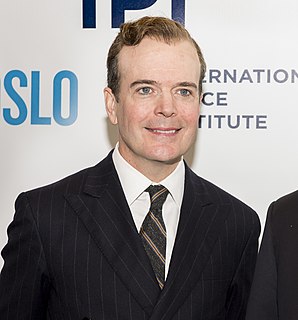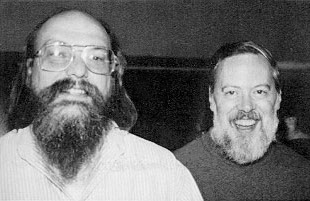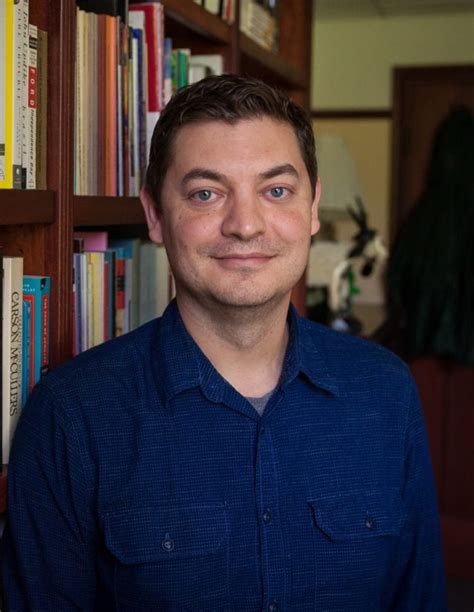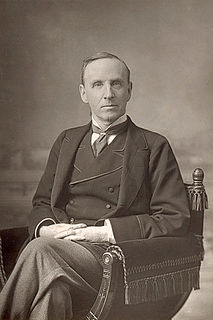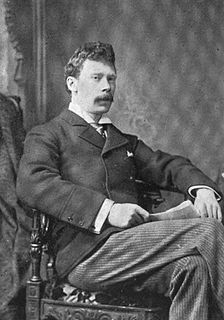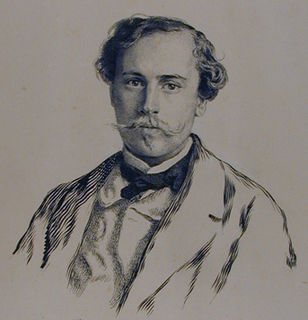Top 1200 Reading Literature Quotes & Sayings - Page 2
Explore popular Reading Literature quotes.
Last updated on November 6, 2024.
Teenagers are always sneaking around in drawers where they shouldn't go and reading things they shouldn't be reading. And that's an attempt to try, I think, to penetrate, that's how I found out as a teenager what was going on, was by sneaking into drawers and reading letters that I had no business reading.
Reading is everything. Reading makes me feel like I've accomplished something, learned something, become a better person. Reading makes me smarter. Reading gives me something to talk about later on. Reading is the unbelievably healthy way my attention deficit disorder medicates itself. Reading is escape, and the opposite of escape; it's a way to make contact with reality after a day of making things up, and it's a way of making contact with someone else's imagination after a day that's all too real. Reading is grist. Reading is bliss.
It seems to me that literature is giving way a little bit to the immediacy of other diversions, other forms of entertainment. What will it be in fifty years? I don't know. Will there be printed books? Probably, but I'm not sure. There's always going to be literature, though. I believe that. I think literature has a way of getting deep into people and being essential. Literature has its own powers.
Christ and the life of Christ is at this moment inspiring the literature of the world as never before, and raising it up a witness against waste and want and war. It may confess Him, as in Tolstoi's work it does, or it may deny Him, but it cannot exclude Him; and in the degree that it ignores His spirit, modern literature is artistically inferior. In other words, all good literature is now Christmas literature.
I grew up in this household where reading was the most noble thing you could do. When I was a teenager, we would have family dinners where we all sat there reading. It wasn't because we didn't like each other. We just liked reading. The person who made my reading list until my late teen years was my mom.
My personal view is that reading has to be balanced. Obviously, there's a certain amount of reading that we have to do academically to continue to learn and to grow, but it's got to be balanced with fun and with elective reading. Whether that's comic books or Jane Austen, if it makes you excited about reading, that's what matters.
Most British playwrights of my generation, as well as younger folks, apparently feel somewhat obliged to Russian literature - and not only those writing for theatres. Russian literature is part of the basic background knowledge for any writer. So there is nothing exceptional in the interest I had towards Russian literature and theatre. Frankly, I couldn't image what a culture would be like without sympathy towards Russian literature and Russia, whether we'd be talking about drama or Djagilev.
If nobody talks about books, if they are not discussed or somehow contended with, literature ceases to be a conversation, ceases to be dynamic. Most of all, it ceases to be intimate. It degenerates into a monologue or a mutter. An unreviewed book is a struck bell that gives no resonance. Without reviews, literature would be oddly mute in spite of all those words on all those pages of all those books. Reviewing makes of reading a participant sport, not a spectator sport.
One task of literature is to formulate questions and construct counterstatements to the reigning pieties. And even when art is not oppositional, the arts gravitate toward contrariness. Literature is dialogue: responsiveness. Literature might be described as the history of human responsiveness to what is alive and what is moribund as cultures evolve and interact with one another.
After reading Edgar Allan Poe. Something the critics have not noticed: a new literary world pointing to the literature of the 20th Century. Scientific miracles, fables on the pattern A+ B, a clear-sighted, sickly literature. No more poetry but analytic fantasy. Something monomaniacal. Things playing a more important part than people; love giving away to deductions and other forms of ideas, style, subject and interest. The basis of the novel transferred from the heart to the head, from the passion to the idea, from the drama to the denouement.
No one spoke in terms of children's literature, as opposed to adult literature, until around the 1940s. It wasn't categorised much before then. Even Grimm's tales were written for adults. But it is true that ever since 'Harry Potter' there has been a renaissance in fantasy literature. J. K. Rowling opened the door again.



